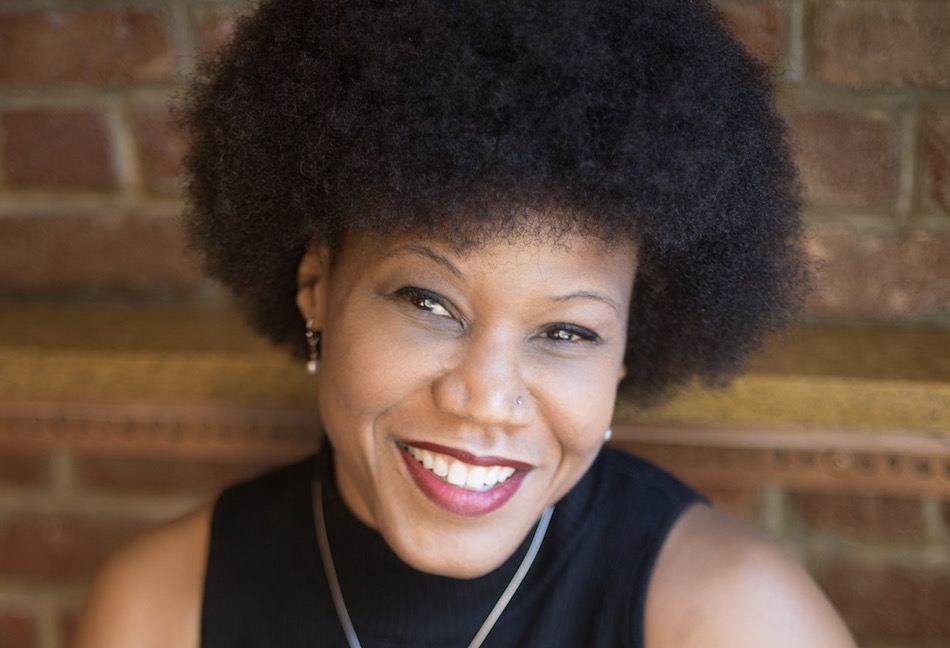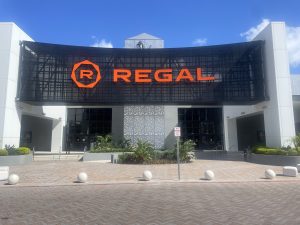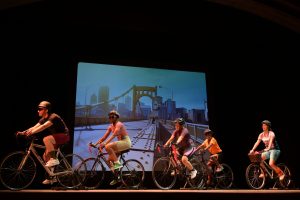Environmental justice advocate and Peabody Award-winning activist and entrepreneur Majora Carter is set to appear at Rollins in the coming week. She is coming to discuss her work in urban revitalization and social entrepreneurship.
Carter is known for her efforts in helping low-income communities gain access to practical infrastructure, green space and recreation, and will appear on Tuesday, Aug. 28 at 7:30 p.m. in the Bush Auditorium. The event is sponsored by the Thomas P. Johnson Fund and is completely free and open to the public.
Carter founded the non-profit organizations Sustainable South Bronx and Green For All. Her work in these organizations played a significant role in improving the overall environment of the South Bronx. Through them, she was able to open the first waterfront park in the South Bronx in 60 years, which is now Hunts Point Riverside Park.
Green spaces are incredibly valuable in cities. Ecologically, they filter air and water pollution, reduce heat buildup and soil erosion, and retain rainfall. Moreover, they promote healthy living standards through exercise and psychological well-being and reduce anxiety and depression. However, these spaces are less accessible for people of color, and this is commonly due to outdated zoning laws influenced by racism.
“Carter’s experience in helping her community… is valuable to our mission of creating great urban environments for all people,” said Eliza Harris Juliano, principal of the architecture firm Canin Associates and member of the Congress for New Urbanism.
Carter’s story was highlighted in her 2006 TED Talk “Greening the Ghetto.” The talk was one of the first that TED publicly released, and it quickly went viral, with over two million views to date.
“Carter’s 2006 TED speech … is a priceless invocation of the return sustainability can procure in underprivileged neighborhoods such as the South Bronx,” said Bruce Stephenson, a professor of environmental studies who specializes in urban planning.
In the talk, Carter explained how she was able to transform an illegal dump in the South Bronx into a waterfront park.
She also emphasized the dire health problems caused by the disproportionate amount of waste and treatment facilities in the South Bronx, speaking extensively on how race and class often affect how well-planned and environmentally friendly a neighborhood is or is not.
Carter demonstrated how redlining, zoning laws, and poor planning resulted in the environmental degradation of her community.
For example, in the South Bronx about 25 percent of children have asthma. This statistic is frequently blamed on the fact that the large amount of waste processing has led to the area being overrun with garbage trucks emitting diesel.
Some of Carter’s recent accomplishments include co-owning the Boogie Down Grind Café, which dedicates itself to hiring locals and is Hunts Point’s first locally owned specialty coffee shop.
She also helped a local entrepreneur start EyeCycle NYC, the first indoor cycling and yoga studio in the South Bronx. Carter’s work has also extended to other disenfranchised communities in America, such as New Orleans and Detroit.
Carter calls creating and owning these businesses a form of “self-gentrification.” “Calling for ‘self-gentrification’ in depressed urban areas, her message is invaluable to cities confronting the conundrum of high-tech prosperity and a dearth of both affordable housing and a living wage. We think the Central Florida community will benefit from learning her story,” said Stephenson.
“Real estate developments that are transformational for people around them, rather than alienating, is Carter’s mission,” he said.











Be First to Comment